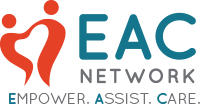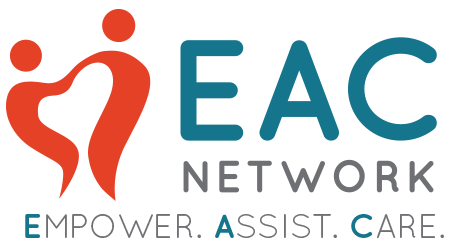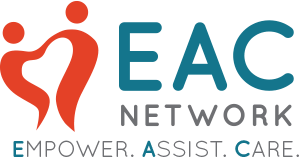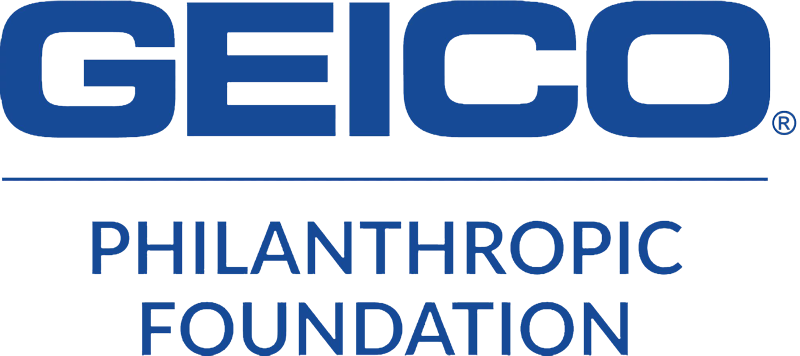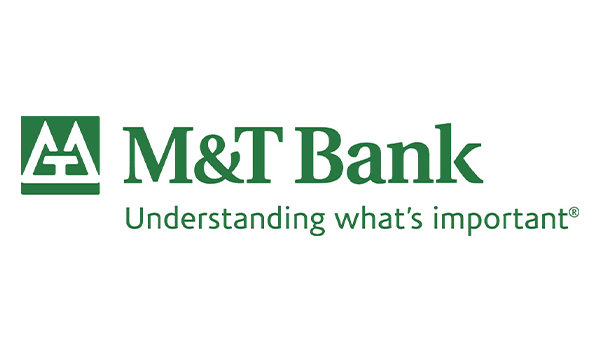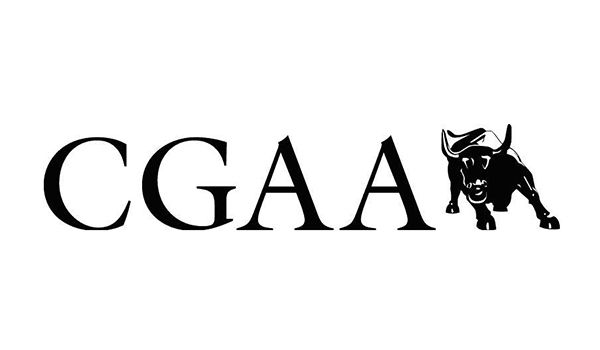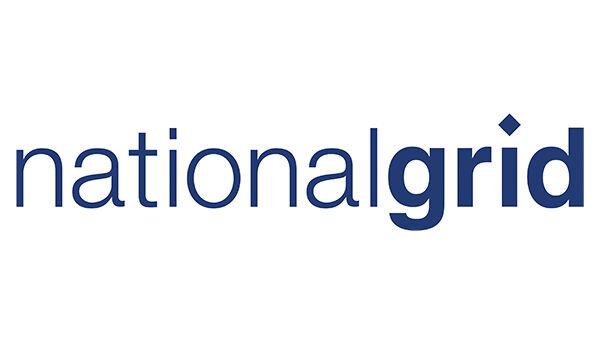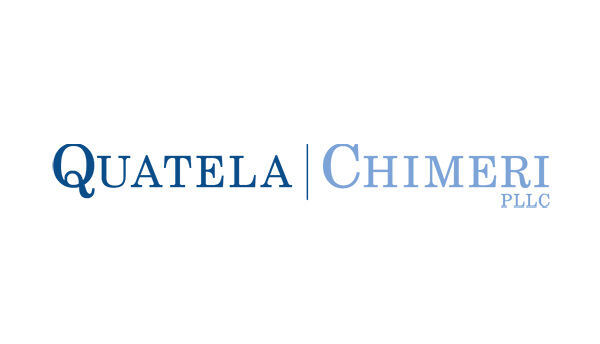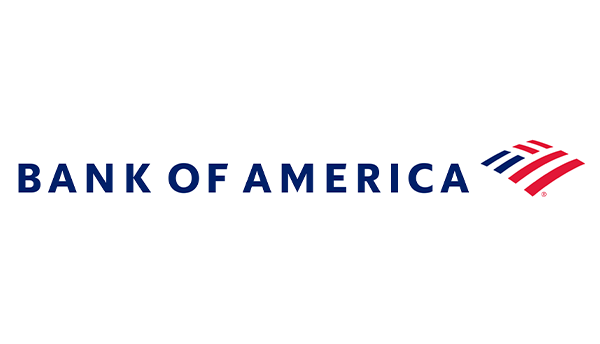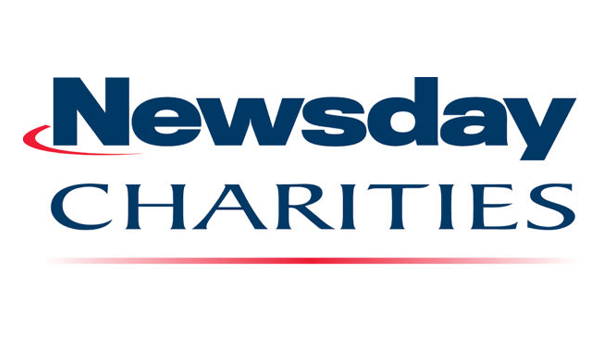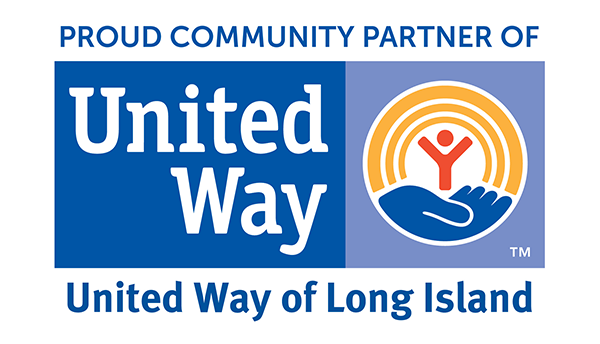 EAC Network started working with criminal justice populations and systems through our Treatment Alternatives for Safer Communities (TASC) programs. TASC provides screening, assessment, treatment matching, and case management as an alternative to incarceration for individuals with behavioral health issues. The hallmark of our approach to case management is our capacity to act as a neutral “boundary spanner” between the Courts or correctional facilities and community-based treatment service providers. Staffed by psychologists, psychiatrists, case managers, vocational specialists, entitlement specialists, and peer mentors, each office has both substance abuse and mental health programs which together provide community-based treatment options to individuals with all levels of behavioral health needs.
EAC Network started working with criminal justice populations and systems through our Treatment Alternatives for Safer Communities (TASC) programs. TASC provides screening, assessment, treatment matching, and case management as an alternative to incarceration for individuals with behavioral health issues. The hallmark of our approach to case management is our capacity to act as a neutral “boundary spanner” between the Courts or correctional facilities and community-based treatment service providers. Staffed by psychologists, psychiatrists, case managers, vocational specialists, entitlement specialists, and peer mentors, each office has both substance abuse and mental health programs which together provide community-based treatment options to individuals with all levels of behavioral health needs.
EAC Network has provided TASC services in New York since 1978, and in 1998 we expanded our alternative to incarceration (ATI) programming to include a diversion program for seriously mentally ill offenders and co-occurring mentally ill and substance using offenders. Our NYC TASC Mental Health Diversion programs employ Clinically Informed Judicial Supervision (CIJS), which considers a person’s assessed risk of re-offending and violence, as well as mental health and substance use or social service needs, to inform judges’ responses, emphasizes a clinical understanding of behavior by including licensed clinical psychologists on the diversion program team, who serve as consultative liaisons with social service providers. The current mental health assessment tools used include: the Colorado Symptoms Index, PTSD Checklist – Civilian Version, TH Historical Clinical Risk Management – 20, Minnesota Multiphasic Personality Inventory – 2, Test of Nonverbal Intelligence, Fourth Edition, and Wechsler Abbreviated Scale of Intelligence.
CIJS brings together the best practices of judicial decision making with a comprehensive approach to structured risk assessment, systematic review of mental health, substance use, and general health needs and social service challenges, and flexible but consistent use of rewards and sanctions. Case managers are trained in motivational interviewing and cognitive behavioral interventions and clinical directors provide case managers with support for dealing with clients whose behavior is challenging. TASC uses up-front assessment at intake and ongoing clinical evaluation to maximize participants’ successful engagement and to link them to appropriate services. Treatment is modified as-needed throughout each client’s period of participation in the program. The program also allows for communication between participants and court personnel, which creates the foundation for constructive judicial responses, such as the appropriate application of sanctions and rewards.
The CIJS model, used by EAC Network’s TASC Mental Health Diversion programs was one of the reasons our Bronx Mental Health Court was designated in 2006 by the Council on State Governments (CSG) as a Bureau of Justice Assistance national learning site for jurisdictions seeking to learn about court diversion (TASC still provides the assessment and cases management services). Learning sites serve as centers for peer-to-peer learning for other criminal justice and mental health agencies and organizations. Learning sites are not just selected for their programmatic successes, but also for their ability to provide insight and guidance to other jurisdictions interested in starting or expanding a criminal justice/mental health collaboration. In 2015, EAC Network’s entire New York City Mental Health Diversion program was designated by CSG as a peer resource for the field.
As a learning site, TASC hosts visits from other jurisdictions, answers questions from the field, and works with BJA and the CSG Justice Center to assess and improve our own program operations. CSG recognized that our TASC Mental Health Diversion program has demonstrated an ability to provide guidance and advance the field, while maintaining flexibility in their program design to meet their communities’ needs.
To learn more about our Mental Health Diversion programs, click here.
* * *
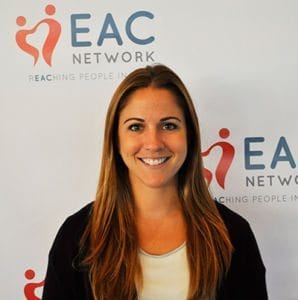 Amanda Arcuri is a Licensed Clinical Social Worker who graduated from Syracuse University and Hunter College School of Social Work. She formerly oversaw EAC Network’s NYC Criminal Justice programs. Amanda started her career working in OASAS-funded residential programs serving the homeless and substance abuse population.
Amanda Arcuri is a Licensed Clinical Social Worker who graduated from Syracuse University and Hunter College School of Social Work. She formerly oversaw EAC Network’s NYC Criminal Justice programs. Amanda started her career working in OASAS-funded residential programs serving the homeless and substance abuse population.
